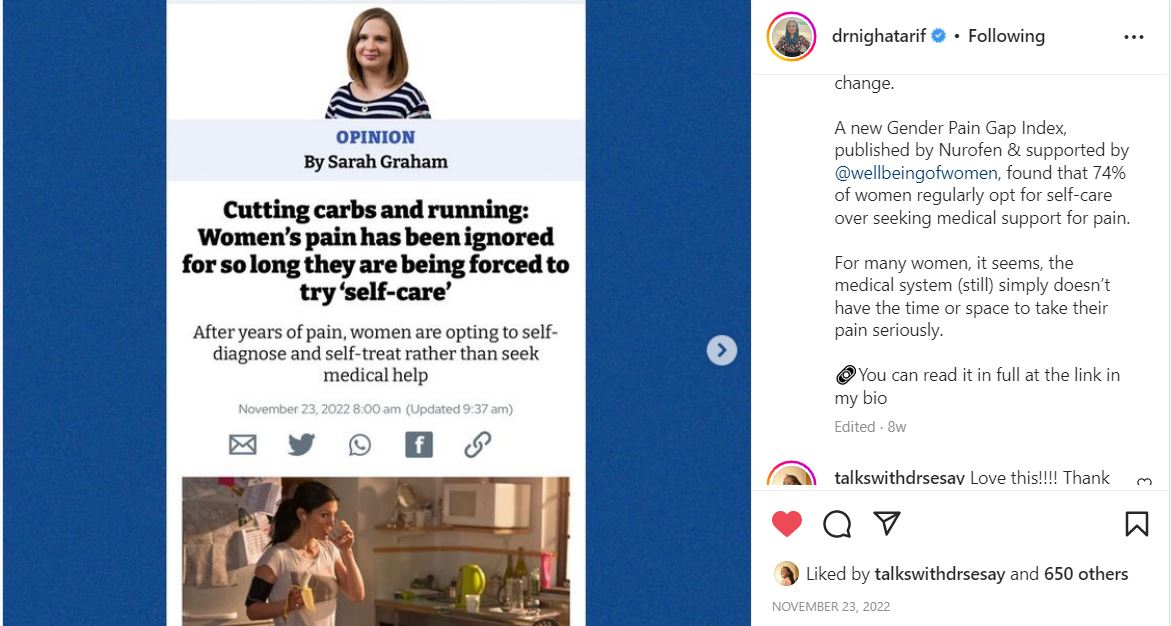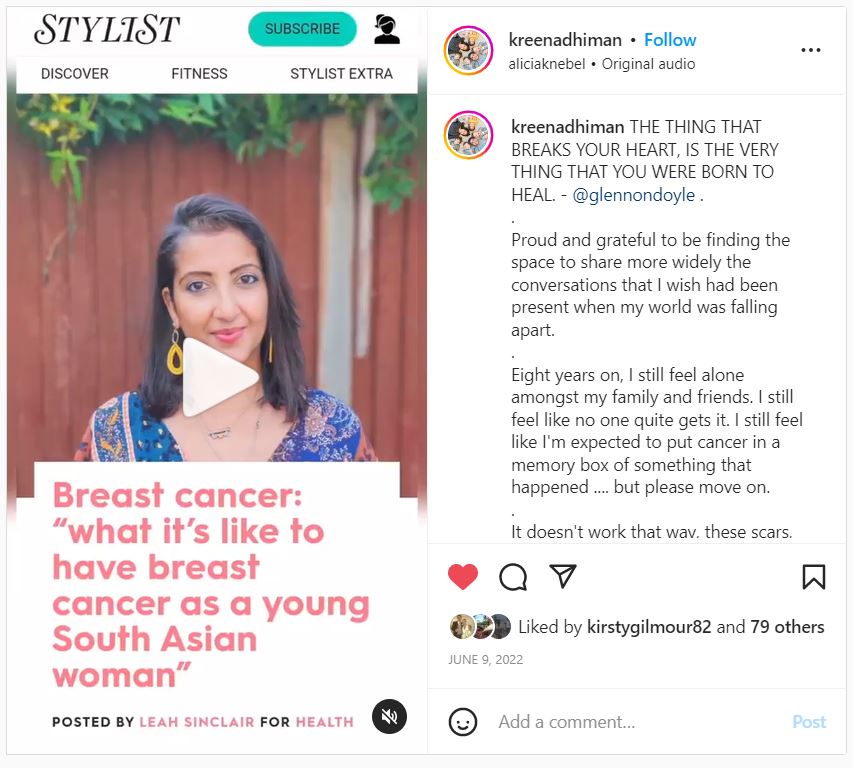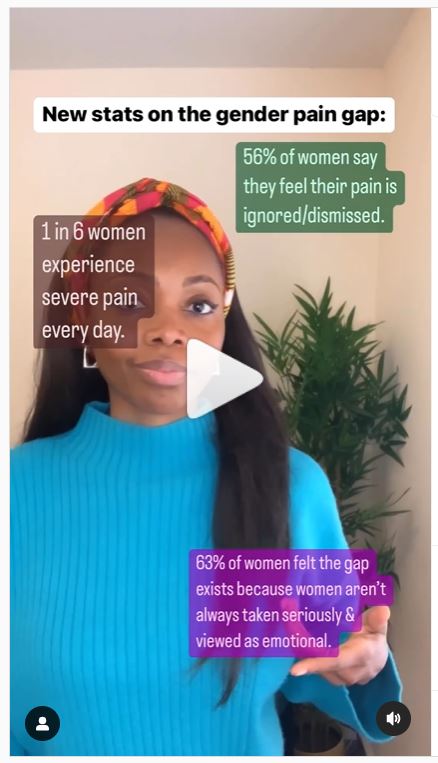Earning HCP Influencers’ Attention
By Beth Whitworth, Consumer Health Director, Virgo Health
How consumer health brands can engage HCP influencers to share campaigns organically.
You know your campaign has been successful when a healthcare professional (HCP) influencer engages with it on their own platform organically, with no paid partnership. Why? Firstly, in consumer health, there are strict regulations prohibiting over-the-counter (OTC) medicines from running paid partnerships on social media with HCP influencers (apart from medical devices and food supplements). Secondly, you can’t underestimate the value of an organic post from a HCP influencer. Post-Covid we’ve seen a surge in virtual health and self-care, with HCPs the trusted, credible experts that people are turning to on social media more than ever for expert information and advice.
But encouraging HCP influencers to engage in your campaigns is not easy. Regulations mean medicines can only proactively outreach to HCP influencers with brand agnostic campaigns. These campaigns must also feel relevant to the HCP and their audience. Asking them for their views in the planning phases and building a story around this will increase the likelihood of them sharing it.
Securing traditional media coverage, particularly in the nationals or lifestyle magazines, is a great place to start, as HCPs will frequently comment on media stories on their own social channels. For example, Dr Nighat Arif, a GP with 54k followers and a regular on BBC Breakfast and This Morning, shared on her channels an opinion piece we secured in i (in print and online) for our client Nurofen on the Gender Pain Gap. She added her own personal experiences of the gender pain gap to her post, increasing its impact and relevance to her followers.

Similarly, for a breast cancer awareness campaign we did for Estée Lauder Companies (ELC), Dr Nighat created an Instagram Story sharing Kreena Dhiman’s interview in Stylist magazine. Kreena spoke about the stigma South Asian women face when dealing with breast cancer and why she’s supporting ELC’s campaign.

To gain these kinds of campaign recognition, building relationships with HCP influencers is key. Outreach should be personalised, highlighting why the story matters to them and their followers, while the ‘ask’ should not be too prescriptive or demanding as brands do not have any control on the organic content they post.
Assets such as a video, report or statistics are often created for traditional media as part of the sell-in package, but these can also be of use to HCP influencers. Make sure they are simple and impactful and HCPs may use these to build their own content or in the perfect scenario, social videos, which generate 1200% more shares than text and image content. As part of the Gender Pain Gap campaign, Dr Aziza Sesay shared an Instagram reel with her 20k followers highlighting new statistics showing the extent of the gap. Her post had over 500 likes and heaps of engagement, including from other HCP influencers agreeing the stats are upsetting and more needs to be done to bring change.

As with all earned content, any product or brand mention should either be woven into the story (rather than a blatant plug), or it needs to be an authentic recommendation if coming from an HCP influencer. They are first and foremost medical professionals and protecting their integrity has never been more crucial than when it comes to social media.